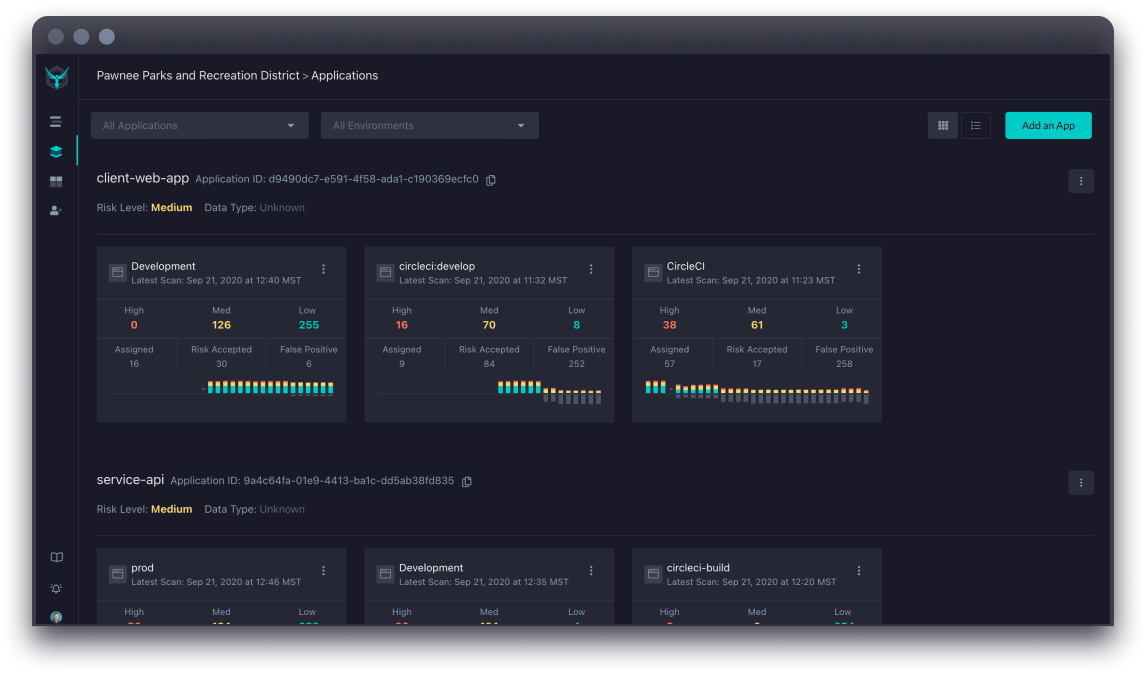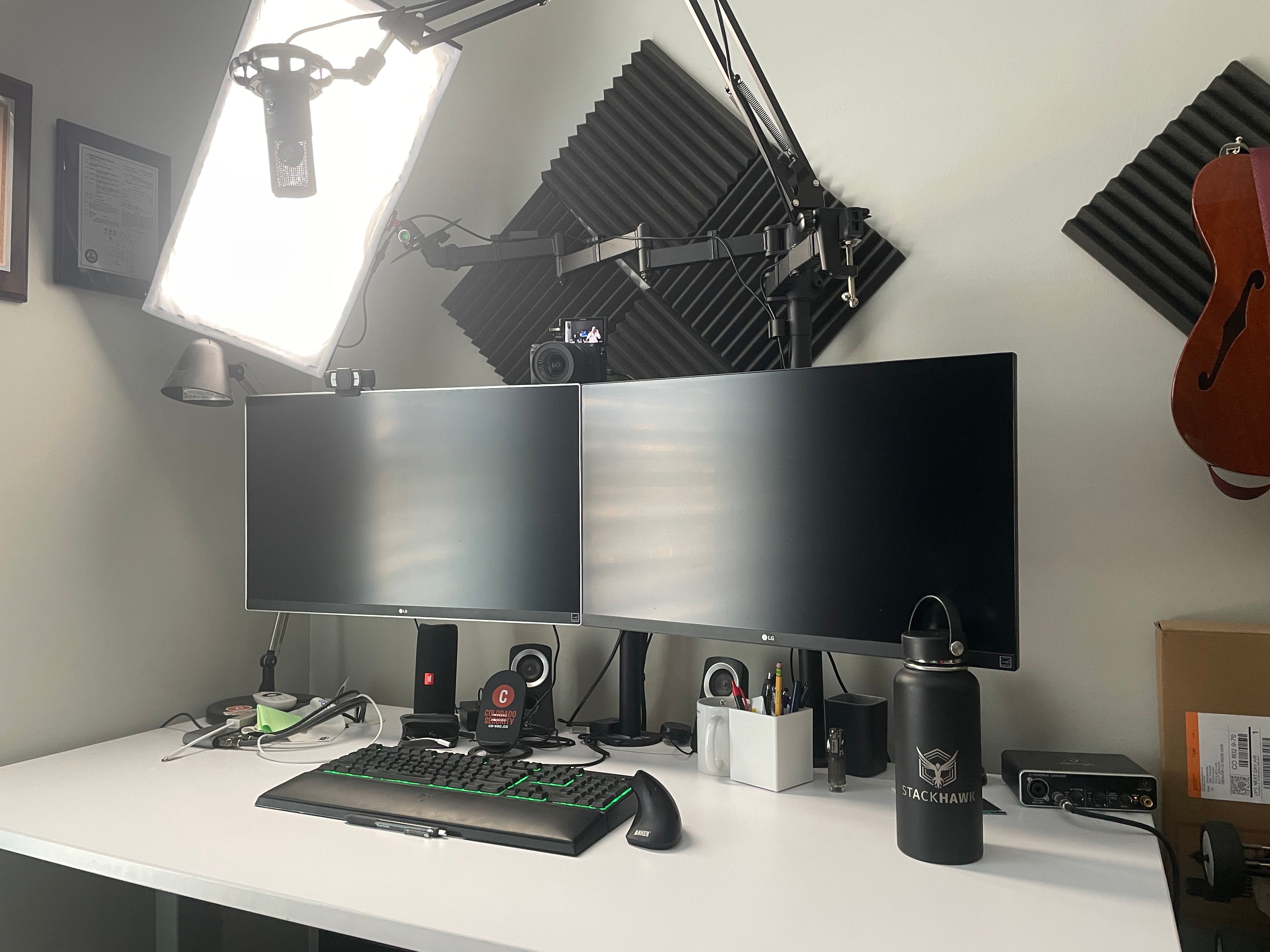Console
Interview with
Scott Gerlach
Co-founder & CSO, StackHawk
An application security testing tool built for developers.



What is StackHawk? Why did you build it?
There's a ton of problems with how Application Security (AppSec) is done today. My background is in information security. Whether it was when I was working at GoDaddy, Sendgrid, or Twilio, it's always been challenging to get the engineering team involved at the right time i.e. before the app is in production! There is often a mindset of “some other team will deal with it” or “I don’t have time for this.”
The real value of AppSec tools is not the finding of things, it's the fixing of things. The faster you can get from, "Oh, there's a problem," to, "I know how to recreate this problem and I can fix it," the better.
So, we set out to just make a product that makes that easier. We took a really complicated but very powerful open-source tool called OWASP ZAP, and made it dead simple. And that’s StackHawk, a Dynamic Application Security Testing (DAST) tool which tests a running app from the outside in like an attacker would.
The goal is that it's minimal effort to get the platform to do what it's supposed to do. Scans are highly repeatable because you implement the configuration as code using the practices of CI/CD so that build systems can run it. Anyone that pulls the repo down has the same configuration and can get the same results.
Our target audience is those people that actually can fix code. We try to give them AppSec information as fast as possible so that they can fix code and move on to the business of building features that customers value.
I think it's really important that it's near the developer side of it... Because today, security is so heavily focused on testing the production application. There's a lot of tools out there that are set up to look easy, like give us a URL and we'll go scan it, but that's so much harder than you think it is because you've probably got anti-automation technology in front of your website that makes it hard to scan.
In that model you have to put security bugs into production to find them. That's terrible. By the time you get it out to production and find that bug, it’s probably a week or two past when a sprint got closed, and now you're introducing all this rework: "I got to get back into the code I was working on a month ago or two weeks ago or whatever, find the problem and then fix it and then redeploy."
A lot of security tools out there are built for security people and you can see it in how they're designed. They're like 1,000 buttons and switches all over the place and they speak security person language. They don't speak developer language, which is like, "Hey, we found your application doesn't have anti-CSRF protections. In your framework, turn that on, and then use it. And then now you're good." Right? That last part is the little bit that is missing out of all these tools, and we're trying to make that better.
StackHawk presents all those findings in a way that makes sense so that a developer could go in there and say, "Oh yeah, I see exactly what's happening here. I know I can probably find it in code and then fix it, and get on with the business of doing engineering work instead of playing ticket shuffling”.

The StackHawk vulnerability scanning dashboard.
What does a "day in the life" look like?
Oh man. Have you ever seen a picture of the biggest Swiss army knife ever? It's got 900 tools in it for every job you could do. That's kind of the day in my life!
I'm part of the product team as part of the founder core. Joni Klippert, our CEO, and myself are splitting that product function today. I lead the engineering team, I'm doing a lot of webinars and conferences and workshops and all that stuff. And, I'm part of the go-to-market team so I'm doing customer interviews and sales stuff. We just hired a great new head of sales, because I'm not a sales guy, period. He's heading that function, but I'm still heavily involved in it.
And then IT stuff, right? I get to do all the IT stuff like user account provisioning and occasionally I get to work on security guy stuff, which is working on our SOC 2 controls and some of those other things. But it's anything and everything pretty much every day.
What is the team structure around StackHawk?
We’ve just got the very first team outside the founders together - engineering, UX and design. This is about putting together a world-class interface with the technology that runs the actual scan. That team is four backend engineers and three frontend engineers.
Our principal architect, KC Berg, is an awesome developer, and he and I are pretty tightly coupled at the hip on how we make the technology transform into solving customer solutions and roadmapping.
Then about three months ago we started hiring a customer success person and somebody dedicated to marketing. That's a function that our COO is splitting with accounting and HR and all that other good stuff. We're also working on building out our sales organization. But we're still a pretty small team at the moment.
How did you first get into software development?
That's a long story. Let's see. I wouldn't consider myself a software developer. I can definitely write code and make things work. I cannot write elegant code, but simple is sometimes better! I've been in security for 19 years.
Originally I was actually delivering parts for an auto-dealership. I thought, "This is not a good career." And so I went to school for computer-y stuff and took to it like a fish in water. Then, I was working on a support desk at this little solar company in Phoenix and did that for a while. It was good fun and I got into networking and email and system administration and CRM, all that good stuff, so I had my hands in a lot of things.
And right down the road was the office of a little company called GoDaddy, and one day I said, "You know what? I want to focus on security stuff. And they're hiring to do that," so that's where I went. Did that for 10 years.
Then I went to SendGrid to focus on security leadership. Did a couple of years there. And then when I was all done at that job, Joni and I met. She was asking me about shifting application security left and my experience from a security leadership perspective. I just went on a rant about application security and how terrible it is. Specifically, how hard it is to actually partner up with developer organizations because of how bad the tools are and how we feed information and all that stuff.
In fact, it was such a rant that I was like, "She's probably not coming back to talk to me anymore," and then like two weeks later, she's like, "Hey, do you want to start a company and solve this?" And I was like, "Ooh." I've been in small companies, like SendGrid was small-ish, but I've never been in this small of a company. So, thought about it a little bit, I was like, "You know what? This is a passion of mine. I wish we could make this better for our development partners, coworkers, teammates...let's set out to do that." I feel pretty lucky that my rant triggered the right thing and I get to work with this awesome team.
What is the most interesting development challenge you've faced working on StackHawk?
You know what? I don't think there's a specific really hard technical challenge. There's some feature-y bits or how things work that are interesting and fun to tackle, but the biggest challenge that we're running into is changing mindsets around who should own applications security, tooling, triaging, and information. And when, and where, and how.
When we run into security teams, they talk about the old way of doing application security, which is, "I need an agent and I need a huge scheduler thing." I have been having this conversation, I ask, "How does your engineering team deploy software today? Or how do they build software?" And they usually go, "Well, we do it in CI/CD or in Jenkins or whatever." I say, "You can integrate [StackHawk] there, which is the perfect place to integrate. Then you're scanning when code is getting committed or PRs are being made or however you develop software."
The trust model is another thing. Giving engineers the ability to go, "Hey, I'm going to triage this issue and mark it as risk accepted or false positive, or make a ticket out of it." And then having the security team trust that the engineering team has the best intentions in mind and turning that security team back into consultants and not approvers or gateways or gatekeepers. It's kind of that mind shift.
I think the same thing happened with the DevOps evolution, where operations was a little hesitant to get into configuration as code. And now we have Site Reliability Engineering as a specialty. The same thing is probably going to happen with application security teams. Again, the value is not in finding all these issues. It's engaging with engineering teams to fix them in the right way and help them think about risk.
Do you relate to the DevSecOps movement?
I have mixed emotions about the term DevSecOps. I think it started as DevOps happened, and security teams were like, "Hey, we want to play too, and also we're going to be right in the middle. Look here, DevSecOps. See what we did?" But they didn't change how they operated. Right? For a long time, they were just like, "Yeah, we're just going to do the same things, but we want you to include us. We want to be part of the party as well." And now I think you're seeing security teams starting to shift the way they think about that and act in a more DevOps-y kind of way.
Until we get to the point where everyone's on the same page that security is part of dev and ops, that DevSecOps word still should live around so that people are reassociating.
What is the most interesting tech you are playing around with at the moment?
A couple of things:
Streaming stuff, as in having the ability to stream webcasts and do live stream-y stuff. I'm working on that a lot. I watch a lot of video game streaming, and I'm enamored by what they're doing. Not only for myself for the purposes of how do I play the game better? But also, how are they setting all of this stuff up?
I’m using OBS. We're sponsoring ZAPCon, which is a user conference for ZAP users next month. I think we're going to make heavy use of OBS on that and stream that via Zoom webinar.
Then, a lot of home automation stuff. We’re a big Apple house here. HomeBridge is actually pretty cool - getting your non-iOS, non-Apple kit certified things to work in Apple kit. I have a pretty large NAS setup here and I'm running it in a jail on a NAS. The HomeBridge community is pretty responsive. When stuff breaks or a provider changes the API out from under them, they're pretty quick on the ball. Like, "Oh yeah, they changed it again. We've got to rework the plugin interface, and it'll be out next week, or tomorrow, or whatever." It's pretty cool.
Describe your hardware setup
Primary workstation is an iMac Intel Core i5 64GB RAM, with a Radeon RX 580 video card. Two 4K monitors. And this sweet stand-y up mouse from Anker.
And then clicky keyboards. Today I’m using my Code Keyboard, which has a custom StackHawk Escape key and custom MX Brown switches.
Describe your software setup
OS: macOS Big Sur.
Browser: Chrome and Firefox.
Email: GMail. I can't use anything but the web version anymore. When I get into a client, I always feel myself asking, "Why is this so hard?" I go right back to the web version every time.
Chat: Slack, Discord.
IDE: PyCharm for Python, then Atom for everything else.
Source control: Git.
Describe your desk setup

Desk: This is a very early version of the Stand Desk. In fact, I ordered the memory controller, and it just does not work with this desk because it was such an early version.
Chair: A chair with mesh on the back and the bottom, but I pretty much stand all day.
Webcam: Sony A6400. I use this AV setup.
Workspace: Once upon a time, we had an office. We had just moved into a new office space March 9th last year [2020]. So, we moved in all the desks...and then we all went home. We'll probably get back to some kind of collaborative space in the future, but work from home is working pretty well for us. Everybody's missing that connected, face-to-face, in-person time, but I don't think that has to do with work, it has to do with personal connection.
We do a pretty good job of trying to stay connected on Zoom and Slack. And we've got a daily happy hour stand up, which started off as an actual happy hour and has evolved into, "Let's just get together and chit chat, and if somebody's got something to work, talk about, then we'll do that. Otherwise, we'll just BS for a while and just be a team for a little bit." Specifically every day at the end of the day, schedule that connected time.
When coding
Daytime or nighttime? Daytime.
Tea or coffee? Water!
Silence of music? Music. Preferably Foo Fighters
What non-tech activities do you like to do?
So many things! Got an awesome family, a kiddo and a wife that are amazing and super supportive, So, family time stuff. Avid golfer. I play guitar. Aquarium keeper - I’ve got a little saltwater aquarium so I actually have some office friends, which is always good. I brew beer. Some RC cars laying around here because doing mechanical work is always fun.
Find out more
StackHawk is an application security testing tool built for developers. It was featured as an "Interesting Tool" in the Console newsletter on 11 Feb 2021. This interview was conducted on 9 Feb 2021.
Subscribe to the weekly Console newsletter
An email digest of the best tools and beta releases for developers. Every Thursday. See the latest email